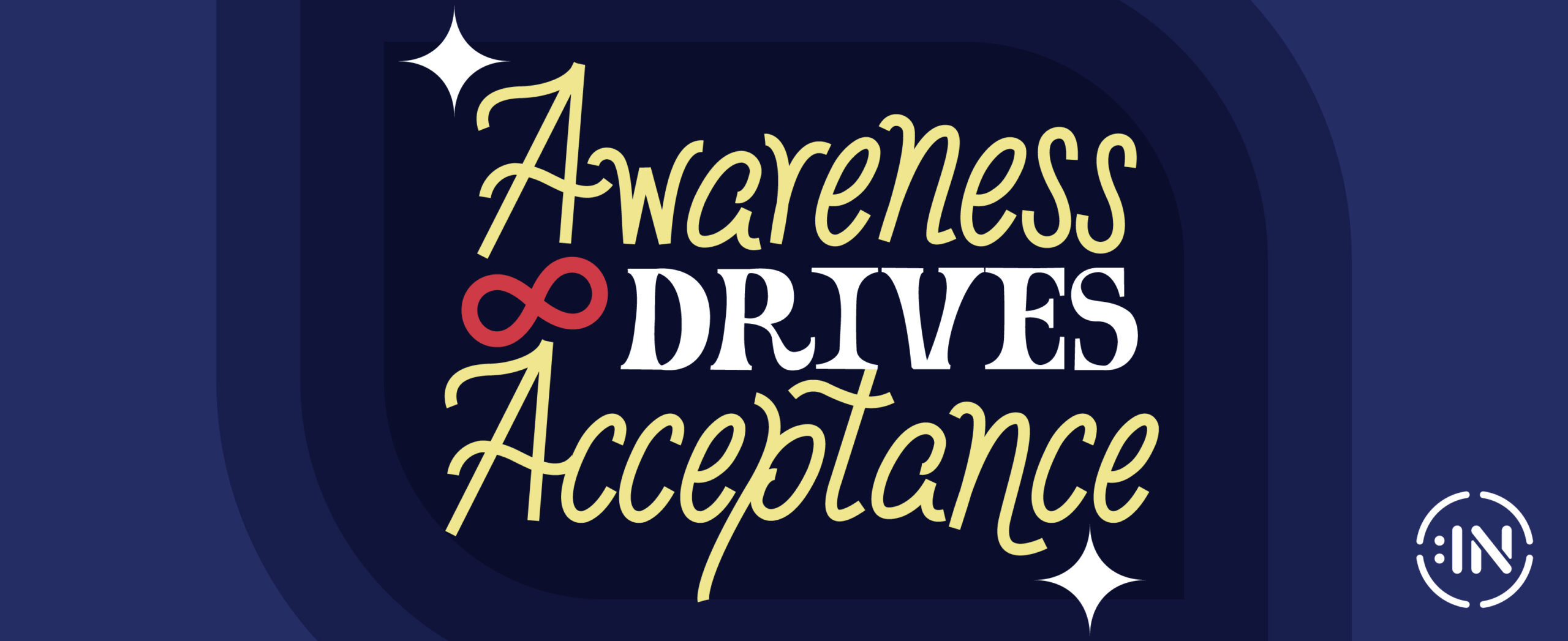
While Daylight Saving Time might seem like a minor inconvenience or an hour of lost sleep for many, it can have a considerable impact on people with disabilities. As companies strive to foster inclusive environments, it’s important to consider the unique challenges this time shift may present.
Routine Adaptation: Some individuals with disabilities have established routines that suit their specific needs. The change in time presented by Daylight Saving Time could disrupt those carefully crafted schedules and cadences of essential tasks. Companies might consider offering awareness training sessions to educate managers about the potential impact of Daylight Savings Time on individuals with disabilities. This can help employees feel welcome to express any ways their managers and teams can support them during the transition period, if needed.
Mental Wellness: Daylight Saving Time can also influence mental well-being for people with disabilities. Shifts in sleep patterns and daily routines may potentially impact stress levels, anxiety, etc. Therefore, being mindful of these potential effects and offering supportive measures could be beneficial, such as:
- Reminding employees of existing company mental health resources, such as counseling services, an employee assistance program, or employee/business resource groups (E/BRGs)
- Fostering a supportive work environment where employees feel welcome to express what they need and seek necessary accommodations.
Timekeeping Device Considerations: For some individuals with disabilities, specialized timekeeping devices or software are essential tools for organizing daily schedules. Daylight Saving Time could present accessibility considerations if these assistive technologies don’t automatically update or encounter compatibility issues due to the time change. To ensure a smooth transition, employers might consider:
- Conducting an audit of assistive technologies used by employees and ensuring timely updates or compatibility patches are available before the time change.
- Providing training sessions or resources to help employees navigate any necessary updates or adjustments to their timekeeping devices or software.
By considering the unique challenges posed by Daylight Saving Time, companies can demonstrate their commitment to supporting employees with disabilities and foster a more inclusive environment.
Looking for more? Check out Disability:IN and our expansive (and free) Resource Library!



